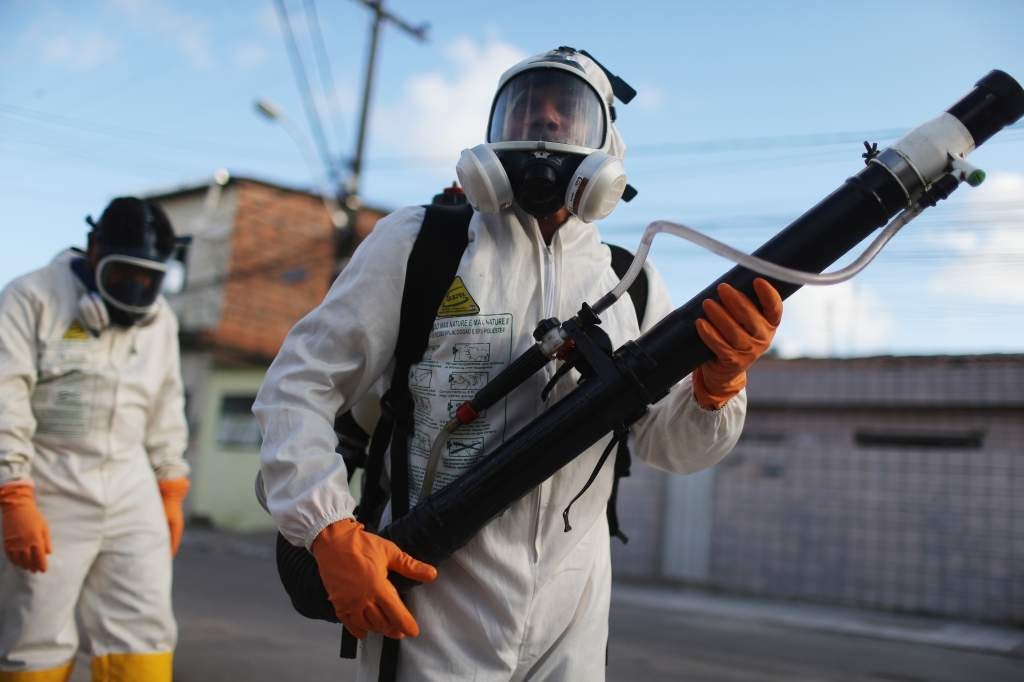
George Hoare on how philanthropists face tough decisions in the face of public health emergencies
Zika, the virus linked to severe muscle weakness and breathing difficulties illness in babies, is spreading.
A study published online by the Lancet on Monday provided the first evidence that Zika might cause the severe neurological disorder called Guillain-Barré syndrome. It was declared a public health emergency last month by the World Health Organisation (WHO) as the numbers of cases in Brazil started to rise, and now it is being reported elsewhere in the Americas.
Global public health is understandably a central interest for many philanthropists. There is a desire to be part of the collective effort of containing a serious or life-threatening illness, researching its cure, and administering a vaccine to eradicate it.
Some of past success in this sort of work is now taken for granted: we seldom need to stop and think about our freedom from polio or smallpox. And we aspire to lengthen the list of diseases that we no longer have to worry about. Bill Gates, in committing more than half a billion dollars to tackling infectious diseases in developing countries, stated that new drugs and vaccines can eradicate malaria by the middle of this century. The tech billionaire Paul Allen (the largest single private donor to combatting Ebola) has already given over $2 million to battle Zika, funding containment and improved diagnostic tests.
But philanthropy, like most things, involves an opportunity cost. Tackling Zika means tough decisions: every dollar spent on public health emergencies – such as Zika or Ebola – isn’t going on longer-term work funding water, sanitation and hygiene projects which have impact further into the future (one might think of the sort of strategic work conducted by the Stone Family Foundation).
Further, there is a trade-off between research and development on the one hand and practical containment on the other: do you spend money on mosquito nets or invest in developing vaccines.
And finally as individuals we should think about whether we should respond more to emergency appeals or to more regular fundraising activities. Helping out in the aftermath of the latest disaster is an important act of philanthropy, but it has knock-on implications for other work.
The question of Zika shows that philanthropy often operates in conditions of uncertainty. There are lots of unanswered questions: is it like measles – you’re infected once and then protected for life – or are multiple infections required to achieve immunity? Is it spread through sexual contact, or only mosquito bites? An Australian newspaper reported the first case of Zika in South Australia – but is this reason to panic? We also currently lack good quality data that would allow us to model risks and costs accurately.
Fortunately, global public health is one of the areas that seems most suited to using tools developed by the tech revolution. It is likely that we will soon use data to develop predictive models for outbreaks, allowing a much more efficient deployment of resources. It also seems a small step to developing more portable and sophisticated diagnostic tools.
Philanthropy is rarely simple. But it can play an important role in solving crises now and far in the future.
George Hoare is a consultant with New Philanthropy Capital






